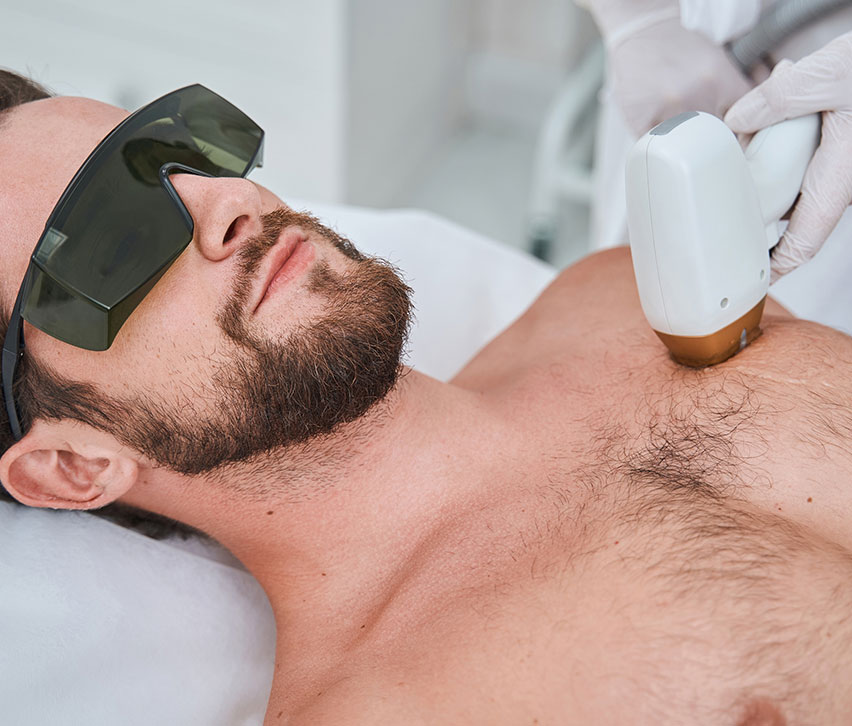
Vitiligo Treatment
The condition is not contagious, and it does not cause any physical pain or discomfort. However, it can have a significant impact on a person’s self-esteem and body image, as the visible white patches may be a source of social and psychological distress.
Frequently Asked Questions
Microneedling is a safe and efficient technique in the treatment of vitiligo. Thus, it can be an alternative treatment for vitiligo especially when the latter is resistant to conventional therapies.
Vitamin D3 increases tyrosinase activity and melanogenesis which may lead to repigmentation in vitiligo skin lesions. Calcipotriol and tacalcitol, which are vitamin D analogs, are also known to induce repigmentation in patients with vitiligo .
Vitiligo is a skin condition characterized by the loss of pigment in certain areas of the skin, resulting in white patches or depigmented areas.
The exact cause of vitiligo is not fully understood, but it is believed to involve a combination of genetic, autoimmune, and environmental factors.
No, vitiligo is not contagious. It cannot be spread from person to person through physical contact.
Vitiligo can affect people of all races and ethnicities, although it is more noticeable in individuals with darker skin tones.
Vitiligo primarily affects the skin, but it can also occur in the eyes, hair (resulting in premature graying), and mucous membranes.
Aesthetic doctors typically diagnose vitiligo based on a physical examination, medical history, and sometimes, a skin biopsy or blood tests to rule out other conditions.
There is no known cure for vitiligo, but various treatments are available to help repigment the skin and manage the condition’s appearance.
Treatment options may include topical corticosteroids, topical calcineurin inhibitors, PUVA therapy, NB-UVB therapy, excimer laser, and surgical procedures like skin grafting or tattooing.
Treatment effectiveness varies from person to person, and it may not always lead to complete repigmentation. The success of treatment depends on factors like the type and extent of vitiligo and individual response to therapy.
Since the exact cause is not fully understood, there are no specific measures to prevent vitiligo. However, protecting your skin from excessive sun exposure may help prevent the condition from worsening.
Vitiligo can sometimes recur or progress even after successful treatment. Regular follow-ups with a dermatologist are important to monitor the condition’s progression.
Vitiligo can have a significant impact on a person’s self-esteem and body image, leading to emotional distress and lowered self-confidence. Support from healthcare professionals and support groups can be beneficial for managing the emotional aspects of the condition.
These are some common questions about vitiligo, but it’s important to consult with a healthcare provider for personalized information and guidance if you or someone you know is affected by the condition.


